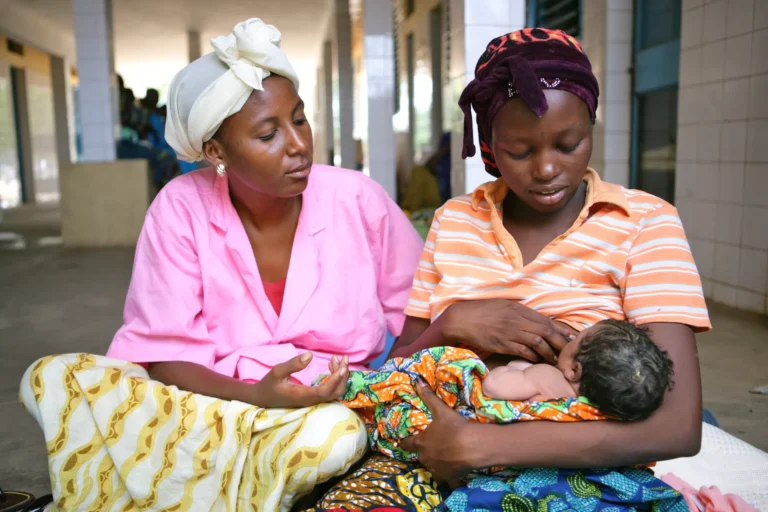Health authorities in Amuru District have reported a growing number of cholera cases, raising alarm among local communities and public health officials. According to statistics released by the district surveillance department, a total of 228 suspected cases of cholera have been documented as of July 27.
Out of these, 205 cases have been tested using Rapid Diagnostic Test (RDT) kits, with 27 cases confirmed to be positive for cholera.
The district surveillance team warns that the continued rise in cases points to active transmission in the area, likely driven by poor sanitation, unsafe water sources, and increased movement during the rainy season.
Cholera, an acute diarrheal illness caused by consuming contaminated water or food, can spread rapidly in settings where water, sanitation, and hygiene (WASH) services are inadequate. Amuru District, which has faced recurring challenges related to access to clean water and proper waste disposal, is now on high alert.
District health officials have intensified their response, with emergency teams deployed to the most affected sub-counties to provide treatment, raise awareness, and distribute essential supplies. Temporary cholera treatment centers have also been set up in areas experiencing clusters of cases.
“We are doing everything possible to contain the outbreak,” said a senior official from the Amuru District Health Department. “We urge all residents to practice safe hygiene, boil or treat drinking water, wash hands frequently with soap, and report symptoms such as watery diarrhea or vomiting immediately.”
Community health workers are conducting door-to-door sensitization campaigns, and local leaders have been engaged to help enforce safe sanitation practices at the household and community level.
The Ministry of Health, working in partnership with humanitarian organizations, is monitoring the outbreak and has pledged additional support to Amuru, including logistics, medical supplies, and technical assistance.
The district leadership is calling on residents to remain calm but vigilant, and to cooperate with health teams to reduce the spread of the disease.
For the latest updates and prevention tips, residents are encouraged to listen to community health broadcasts and follow guidance issued by the Ministry of Health.
Source URN





